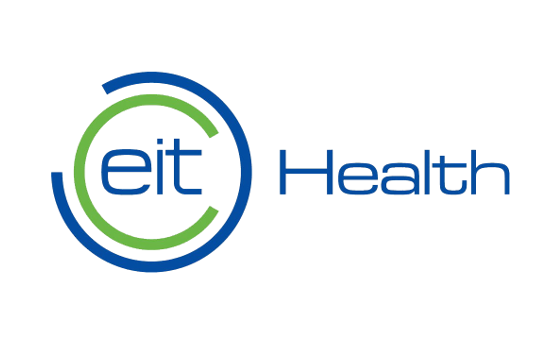 InnoStars is recruiting participants for its fellowship program (StarShip) from InnoStars countries and other RIS eligible countries outside EIT Health. StarShip is an EIT Health educational initiative in collaboration with leading European health industrial partners - lead by the University of Coimbra and IESE Business School and the Royal Institute of Technology (KTH).
InnoStars is recruiting participants for its fellowship program (StarShip) from InnoStars countries and other RIS eligible countries outside EIT Health. StarShip is an EIT Health educational initiative in collaboration with leading European health industrial partners - lead by the University of Coimbra and IESE Business School and the Royal Institute of Technology (KTH).
Using a blend of different educational approaches including elements from Stanford Biodesign Concept, StarShip will be a unique opportunity for participants to be involved in industry-driven life science innovation, working together with innovators in and outside the companies in highly skilled multidisciplinary teams. During the one-year long programme, fellows learn a proven, action-based approach to find solution to industry challenges, verifying user requirements and identifying potentially unmet needs in the health context, in close collaboration with key industrial players and leading local EIT Health innovating institutions. In multidisciplinary teams fellows will develop responses to given challenges, validate them in the real health care settings, with the guidance of the StarShip academic team.
StarShips' outcome will be the development of - or a crucial contribution to - market-relevant products or services in collaboration with the industrial partner. Starship will also allow these companies to get insights in the high potential of the InnoStars regions while working closely with tomorrow’s high talent workforce.
Why participate? StarShip will provide an opportunity for participants to:
- Get immerged in a concrete innovation challenges with leading companies
- Become acquainted with design thinking and solution design
- Learn elements of successful innovation & entrepreneurship from Europe’s leading academic institutions
- Establish business connections with key healthcare companies also in view of future placement
- Learn about latest cutting edge technologies from Europe’s top Universities and link with industry needs
Who can participate? StarShip fellows will ideally:
- have a high interest in the health sector, and bring in a relevant background, biomedical, also from technical, engineering, economical, business, design and similar. Master or PhD will be a plus.
- be from / or connected to one of the InnoStar regions: Budapest, Coimbra, Lisbon, Lodz, Naples and Wales.
- Fluent English, both written and spoken is required.
Other Considerations:
- Dedication a total of 9 weeks over the year 2017: 4 fixed education modules, time in companies to be agreed upon.
- Travel & accommodation for workshops, company and university visits are covered. No formal scholarship is given.
- Fellows will form multidisciplinary teams to solve company-related challenges.
http://www.starship.eithealth.eu
To apply, please send your CV in English and a cover letter to
About EIT Health
EIT Health is one of the largest healthcare initiatives worldwide. Its goal is to sustainably advance the foundations of healthcare and thus promote the future conditions for healthier living and wellbeing of people across Europe. EIT Health is leveraging the expertise of more than 130 leading organisations spanning key areas of healthcare such as Pharma, MedTech, Payers, Research Institutions and Universities. Chosen by the European Institute of Innovation and Technology (EIT) to form EIT Health, the consortium offers best-in-class research capabilities, higher education and business expertise. With a budget of 2 billion EUR over the next decade, it will purposefully invest in Europe’s best entrepreneurial talents and creative minds to foster the development and commercialisation of smart product and service solutions in the health sector, addressing the challenges imposed by demographic change and ageing societies.